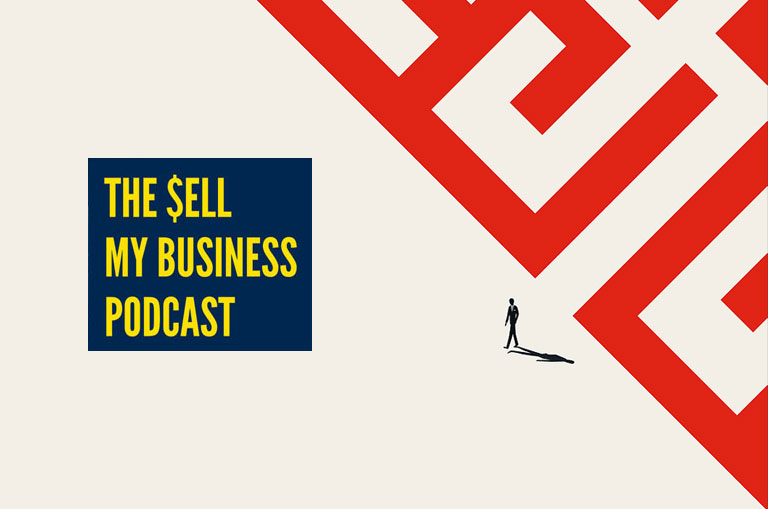“Of all the skills of leadership, listening is the most valuable — and one of the least understood. Most captains of industry listen only sometimes, and they remain ordinary leaders. But a few, the great ones, never stop listening. That’s how they get word before anyone else of unseen problems and opportunities.”
— Peter Nulty, Fortune magazine
As business leaders and owners, we knew what we needed to do each day to keep the business moving forward: take care of customers, keep production on schedule, monitor projects, lead the team and grow sales. Then came COVID-19. It changed everything, our business lives and our personal lives. What we thought of as normal is gone. Uncertainly has become part of every day, making it difficult to focus and stay on task. We may not even know what the tasks should be! We don’t know how business will evolve over the next few months or through 2021. We do know that things will be unpredictable. Going forward, being a good listener will be crucial to our success.
A term that often pops up in business articles today is ‘resilience’. We’re told that we need to build resilience in ourselves and our business. Psychologists define resilience as the process of adapting well in the face of adversity. So how do we ‘adapt well’ when our confidence is shaken and we are all learning new ways to cope, work and play — we are now beginners in a changed new world. Your team is looking to you for guidance, direction and support. So, what do you do? Where do you start? Begin by listening — to your team, to your customers and to respected voices within your industry.
As business leaders, we (hopefully) have the innate ability to see opportunities where others may see only risks. Now is the time when you can stimulate business innovation by listening to what your team has to say. What are their concerns? Their fears? Listen to their suggestions to improve how they work. What ideas do they have on how production can be done differently and better? How can you support a safe work environment so that your team can focus on what needs to be done? Just because you are leaders or business owners doesn’t mean you must have all the answers. Now is a great time to listen. Facilitate your team to be creative and have a positive impact on what your company does next. Collaboration can be very effective in supporting your team while also producing some great new ideas.
Listen to your customers. What are they asking for? What are their concerns? Do you need to change how your product is packaged or shipped? Should you add a new product, suited to your customers’ current needs? Should you change your store hours, upgrade your website or online services? Ask your customer how you can help and thenlisten closely. Pay attention to their critical comments as they can provide you with the best ideas for change and improvement. Let them guide you toward new, innovative ways of doing business.
Innovation and constructive change can provide you and your company with a renewed purpose and a positive outlook on the future — as long as good listening is part of the plan.
I’ve talked a lot about listening, but are you actually a good listener? According to an article in the Harvard Business Review, “People’s appraisal of their listening ability is much like their assessment of their driving skills, in that the great bulk of adults think they’re above average.” 1 As business leaders and owners, it’s important that we know how to listen. In addition, “when situations lack analogies to the past, we have trouble envisioning how they will play out in the future.” 2 In my recommended reading below, I’ve included a couple of interesting perspectives to help you during these uncertain times.
Recommended Reading:
1What Great Listeners Actually Do, by Jack Zenger and Joseph Folkman, Harvard Business Review https://hbr.org/2016/07/what-great-listeners-actually-do
2Learning for the Future (How can we formulate strategy in the face of uncertainty?), J. Peter Scoblic, Harvard Business Review, July/August 2020 Issue
https://hbr.org/2020/07/emerging-from-the-crisis
About Doris Valade
Doris has been involved in the meat and poultry industry for over 35 years. She has sat on the boards of Food & Beverage Ontario, the Canadian Meat Council and the Canadian Spice Association. Doris has been included on the list of Profit magazine’s Top 100 Female Entrepreneurs from 1999 – 2005 and again in 2016. Meat and Poultry Ontario recently awarded Doris the Lifetime Member Award for her outstanding contribution to the industry.
Doris is a business and leadership coach supporting business owners and entrepreneurs to challenge, define and lead. You can request a free (no obligation) 15-minute phone call and conversation with Doris by sending her an email request: doris@malabargroup.ca




